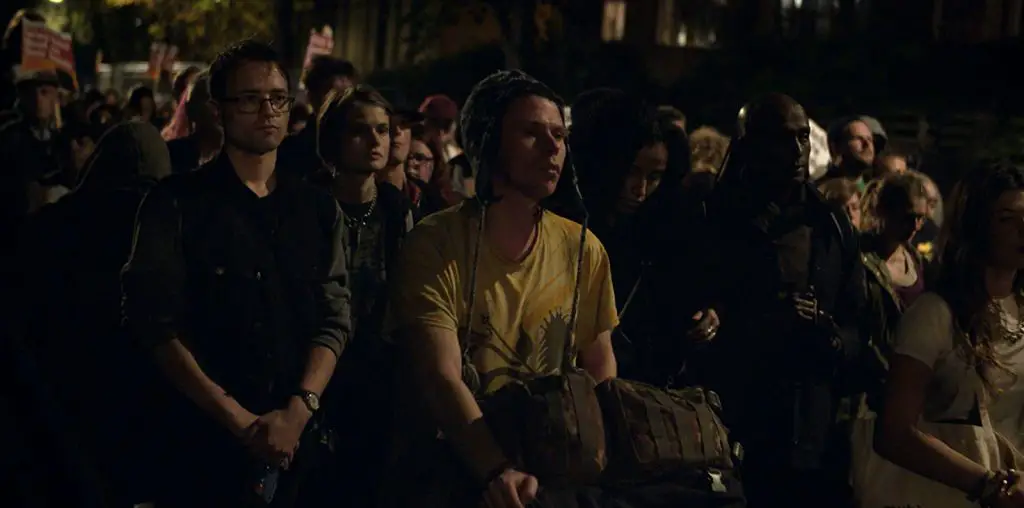
Set at the beginning of World War I, “The Good Soldier Schweik” follows loveable Josef Schweik, a good natured, enviably optimistic buffoon who says what is on his mind and manages to get in trouble for believing in the things he says.
In the Austro-Hungarian Empire, secret policemen monitor thoughts and condemn people to prison for speaking out against the emperor, and Schweik, a known imbecile, is not exempted from the secret police’s condemnations. When he unwittingly meets a secret policeman, he tells tales of the emperor and finds himself jailed for disloyalty.
A former soldier and imbecilic patriot, Schweik is loyal to country and emperor. He decries the coming war and dreams of marching on the front lines of the European battlefields. A draft grants him his wish of joining the army, but in lieu of marching on battlefields, he is given the role of officer’s servant, or batman.
Going from a hedonistic preacher to a womanizing Lieutenant, the loyal charge Schweik tries to do the right thing, from cleaning a house to buying a dog, but manages to screw the pooch in every outing, getting everyone but himself in serious trouble along the way.
“The Good Soldier Schweik,” based on a novel considered to be the predecessor to “Catch-22” and “Slaughterhouse five,” is a slapstick farce, an anti-war satire glamorizing the common man and skewering authority figures. The film revels in anarchy, and its disdain for authority is reminiscent of an early Marx Brothers movie.
Made in the Czech Republic in the mid 1950’s, “The Good Soldier Schweik” is surprisingly relevant. Its themes mirror the crises we’re confronting today, and its approach is pure Marxian (Groucho, not Karl) joy.
This movie is a gem, a rare find from a former country whose cinematic outings had previously gone unnoticed by this reviewer. The directing is loose and light, and Rudolf Hrusinsky, who plays the loveable titular character, has a charming, comfortable presence. He underplays Schweik, embodying a sensitive, feeble-minded do-gooder without turning him into a cartoon character.
It should be noted, however, that “The Good Soldier Schweik” is the first act of a two-act play. The film ends abruptly, and the story is immediately picked up in the sequel “Beg to Report, Sir,” a film unseen by this reviewer. So it would be advised to pick up both films (on their website Facets offers both movies in a combo pack).
As for the DVD, the extras are limited. You get optional English subtitles and a photo gallery, and a booklet and “coloring book” are included as inserts. The sound and picture quality are rough at times, but never muddy or murky. It appears as though the original film source hasn’t aged too well, but the quality is neither horrible nor unwatchable.
All in all, this is a wonderful little film, and it’s highly recommended for aficionados of anti-war satires, or satires in general.

